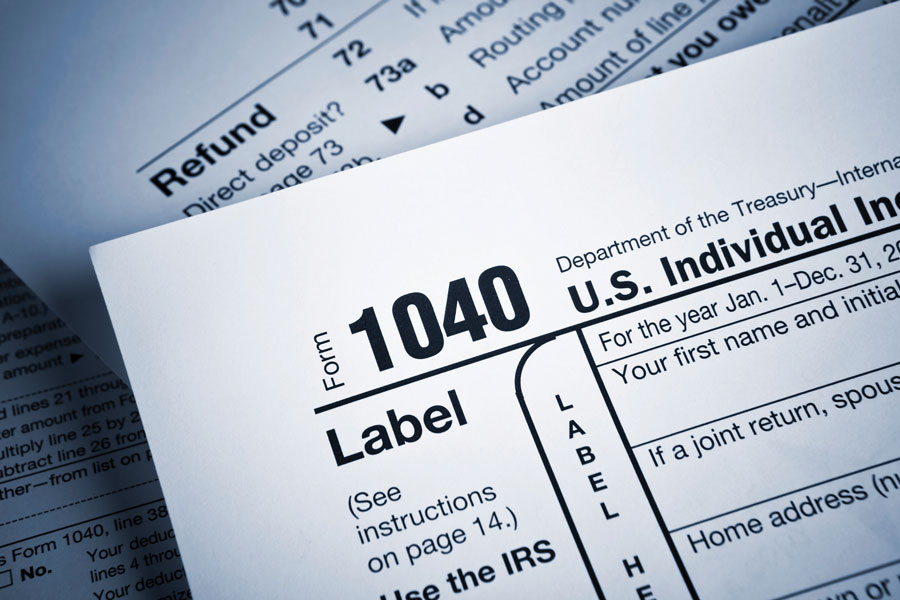Most clients are aware that their required minimum distributions, or RMDs, generally must be withdrawn by year-end. But here are three more retirement tax moves advisers should remind clients about before the year closes.
Complete rollovers to or from IRAs
Next year's
RMDs will be based on IRA or plan balances on Dec. 31 of this year. If clients, for example, would like to have their company plan funds rolled over to an IRA so they don't have to calculate RMDs from both their plan and their IRA, those plan funds should be rolled over before year-end, and then next year there will be no RMD needed from the company plan.
But be careful here. If there is an RMD from the plan, that amount must first be withdrawn from the plan. That plan RMD cannot be rolled over to an IRA.
Conversely, some clients wish to go the other way and roll their IRA funds back to a plan.
This might be the case when clients have after-tax funds in their IRAs and wish to convert just those funds tax-free to a Roth IRA by avoiding the pro rata calculation. Only pretax IRA funds can be rolled over to a company plan, and once that is done, that would leave only after-tax funds in the IRA. Then those after-tax IRA funds can be converted tax-free to a Roth IRA. The tax rules allow this, but first check that the company plan will allow the rollover from the IRA. If this is done by year-end, next year the IRA balance will contain only after-tax funds.
(More: Using an IRA to fund an HSA)
Get QCDs done this year
Qualified charitable distributions, or QCDs, will be more valuable than ever since most clients will no longer be itemizing their deductions because of the new limitations on deductions and the elimination of many deductions. Instead, most people will be using the new higher standard deductions, so they will not be able to claim separate deductions for their charitable gifts.
QCDs allow donations to be made directly from an IRA, effectively gaining the deduction in addition to the standard deduction because the IRA distribution will be excluded from income and it counts toward satisfying any RMD not yet taken for the year.
The QCD is, however, available only to IRA owners and beneficiaries who are age 70½ or older. It's not allowed for company plans. Donor-advised funds or private foundations are not eligible, and the gift must be a direct transfer from the IRA to the charity. To qualify for 2018, the transfer must be done by year-end.
Complete lump-sum distributions
If you have clients who took
a lump-sum distribution from a 401(k) plan this year and were looking to qualify for the net unrealized appreciation tax break, or NUA, make sure all the plan funds are withdrawn by year-end. You can't have some funds come out this year and some next year. That would disqualify the tax break and could trigger a significant tax bill.
When NUA stock is withdrawn from the 401(k) and held in a taxable account, only the original cost of the stock is taxable on the distribution. The appreciation is not taxed at all until the stock is eventually sold, and even when the stock is sold, the appreciation is taxed at the favorable long-term capital gain rates.
But this tax break is available only if the stock is withdrawn from the plan as part of a qualifying lump-sum distribution. To qualify, all the funds must leave the plan in one calendar year. It can be any year after a qualifying event, the most common being separation from service or reaching age 59½.
If some plan funds were already withdrawn this year, the balance of the funds must come out by year-end for NUA qualification. If not, the full value of the stock withdrawn will be taxable, and at ordinary income tax rates. That not only wipes out the tax break, but also incurs additional unexpected taxes. Check that all the funds in the 401(k) account are withdrawn or rolled over to an IRA by year-end.
(More: Are Roth conversions after 70½ advisable? 5 factors to consider)
Ed Slott, a certified public accountant, created Ed Slott's 2-Day IRA Workshop and Ed Slott's Elite IRA Advisor Group. For more information, please visit www.IRAhelp.com.







